Vietnam
Honeywell to supply integrated system for Vietnamese offshore oil platforms
Honeywell to supply integrated system for Vietnamese offshore oil platforms
Honeywell will work on Hoang Long Joint Operating Company's H-04 wellhead platform in the Te Giac Trang Field.
Laos to hold hydropower plant project on Mekong River
Mekong River nations will meet on December 7 to decide whether to endorse the project.
Vietnam promotes industrial energy efficiency
Vietnam aims to promote industrial energy efficiency through steam and compressed air system optimization and adoption of energy management standards - ISO 50,001.
Two firms to build 88-MW hydropower plants in Laos
The Phongsubthavy Road and Bridge Construction and Dongfang Electric International Company have agreed to build hydropower plants with a combined installed generation capacity of over 88 MW.
Regulations drafted for Vietnam power market
A circular has been completed to regulate the competitive power market including responsibility for all players.
Norwegian investor eyeing hydropower projects in Vietnam
Norwegian SN Power Company intends to buy big amounts of stakes of hydropower plants in Vietnam, which is believed to activate the hydropower merger and acquisition market.
HCM City to spend VND1 tril. on renewable power projects
HCMC will set aside an amount of VND1 trillion for renewable energy projects following approval from the Ministry of Industry and Trade for the city’s power development plan for the 2011-2015 period.As part of this plan, HCMC will build a plant producing power from garbage in Hiep Phuoc Waste Treatment Complex in Cu Chi District with a maximum capacity of 40MW. The city will also focus on generating energy from garbage, wind, solar power not only to produce energy but also to solve environmental problems. Besides, HCMC will need up to around VND21 trillion to invest in its power grid, including low- and medium-voltage power cables, 110-kV and 220-kV power lines, to serve the demand for its socioeconomic development. Under the plan, the maximum capacity of the city’s power system will reach 4,800MW in 2015 with a commercial electricity output of around 28.3 billion kWh and an annual growth rate of 12.9%. In this period, HCMC will also put underground medium-voltage cables in new urban areas and industrial parks, including all power cables in districts 1, 2, 3, 4, 5, 10 and 11. Meanwhile, Go Vap, Tan Binh, Binh Thanh, Phu Nhuan and Thu Duc districts will have 85% of cables underground and the ratio for other districts is 20-40%.
Vietnam's HCM City allocates VND1 T for renewable power projects
Ho Chi Minh City will set aside an amount of VND1 trillion for renewable energy projects for the 2011-2015 period.
Construction of Laos' Nam Ou 2 dam may start soon
A national consultation workshop on the environmental and social impact assessments of the Nam Ou 2 dam in Luang Prabang province was held in Vientiane last week.
Electricity of Viet Nam seeks funding for power transmission projects
Electricity of Viet Nam is seeking loans from international finance organisations and domestic commercial banks to fund power transmission projects.
First Solar's decision to halt project worries Vietnam
First Solar's decison to halt the construction of the solar panel in Ho Chi Minh City has raised a worry that it may stop investing in Vietnam or narrow the project scale.
SN Power to act acquire Vietnam hydropower assets
SN Power, a Norwegian government-controlled renewable energy developer, is aiming to become an industrial investor in Vietnam within the next two years by targetting local hydropower assets.
Vietnam's electricity rate hike put on hold
Electricity rates in Vietnam will remain unchanged this month, according to Deputy Prime Minister Hoang Trung Hai.
Vietnam, South Korea to cooperate on nuke project
Vietnam's president agreed on greater cooperations with South Korea on nuclear power plant construction.
Vietnam eyes $130M ADB loan for electricity project
Prime Minister Nguyen Tan Dũng has approved the list of investment project of power transmission network 1 worth $155.6 million, of which $130 million is planned to borrow from Asian Development Bank.
First Solar delays Ho Chi Minh plant
First Solar would delay $300 million factory in Cu Chi district, Ho Chi Minh City.
EVN’s investment reach VND40.925T for first 10 months
Electricity of Vietnam invested up to 2.644 trillion dong in October.

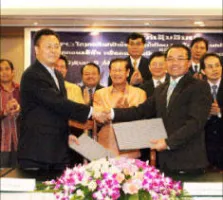
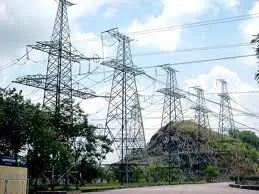
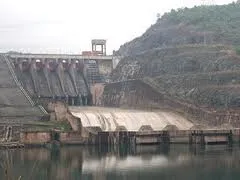
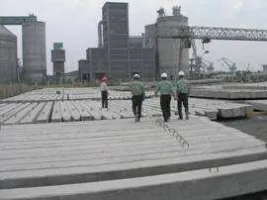

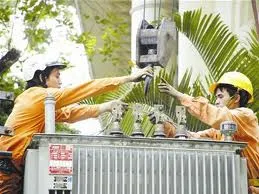
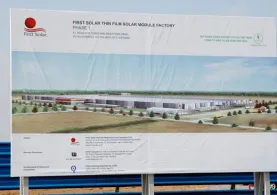
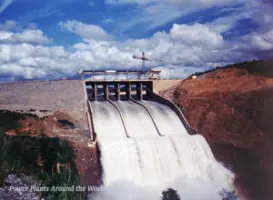
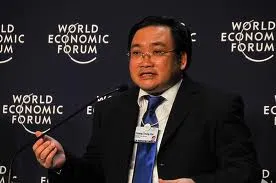
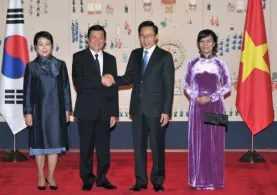
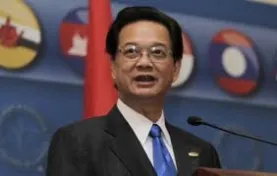
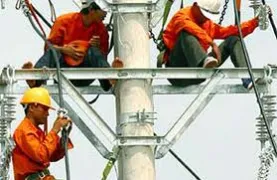

 Advertise
Advertise















Commentary
What a $635b investment push could mean for India’s refineries and thermal power plants